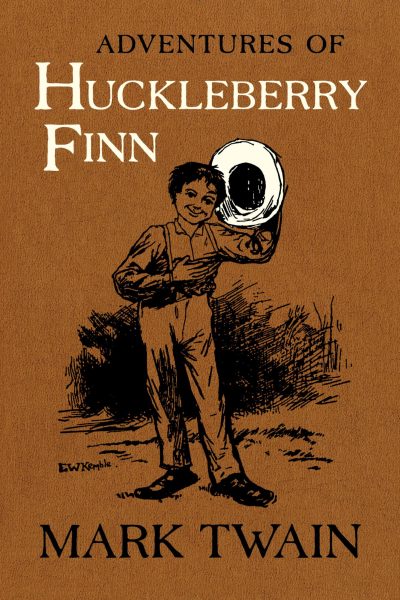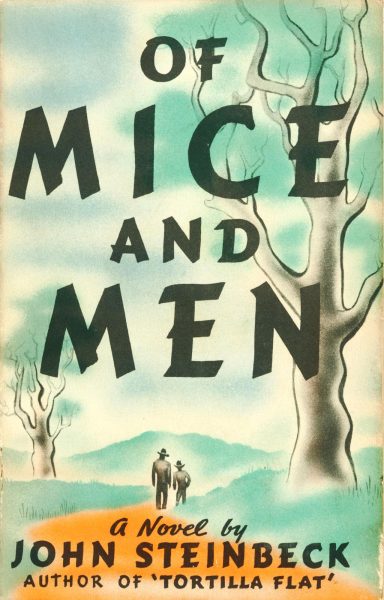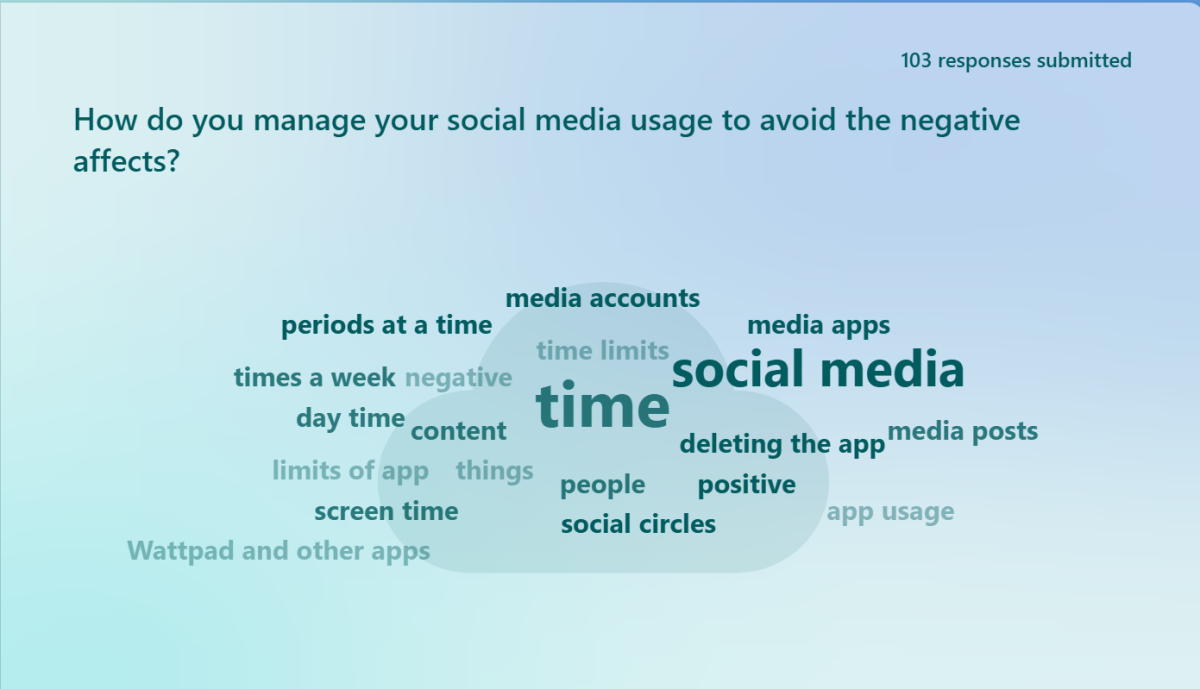 As long as literature has existed, so has censorship. The efforts to censor texts (remove unwanted content from texts or abolish the text entirely) have led to the banning of many books in the United States. In fact, according to PEN America, 1,477 books have been banned in the first half of the 2022-23 school year alone. The job to educate people on the topic has often fallen on librarians, and the librarians at Century College are doing what they can to educate students on the issue and hold an open discourse on the banning of books.
As long as literature has existed, so has censorship. The efforts to censor texts (remove unwanted content from texts or abolish the text entirely) have led to the banning of many books in the United States. In fact, according to PEN America, 1,477 books have been banned in the first half of the 2022-23 school year alone. The job to educate people on the topic has often fallen on librarians, and the librarians at Century College are doing what they can to educate students on the issue and hold an open discourse on the banning of books.
To ban a book, someone must first challenge that book. Challenging a book means to attempt to remove it from a library. If that challenge goes through, then the book gets banned, which means that the book is consequently removed from the library. The most common reasons books get banned, according to the American Library Association (ALA), are sexually explicit material, offensive language, and the unsuitability to an age group.
Book banning is a problem that spans the entire U.S. According to PEN America, the states with the most banned books are Texas, Florida, Missouri, Utah, and South Carolina. These are predominantly conservative states. Conservative states tend to ban far more books than left-leaning states.
According to the ALA’s website, the most popularly banned books are “evidence of a growing, well-organized, conservative political movement.” They say that the goals of these political movements are “to [remove] books about race, history, gender identity, sexuality, and reproductive health from America’s public and school libraries.” These efforts, however, do not fully represent America’s general attitude towards book banning, as the ALA also says that 71% of voters oppose book bans.
There are a few core reasons why books are often banned. The first reason is the presence of an LGBTQ+ character. These are books like “I Am Jazz” by Jessica Herthel and Jazz Jennings, a trans woman, or “This Book Is Gay” by Juno Dawson. The second reason is sexually explicit content. Books such as “The Scarlet Letter” by Nathaniel Hawthorne and “The Catcher in the Rye” by J.D. Salinger are being removed from libraries. The third core reason is the presence of, or discussion about, racism. “To Kill a Mockingbird” by Harper Lee and “The Adventures of Huckleberry Finn” by Mark Twain are on this list.
There are other reasons for banning books, of course. The Arizona State University library website lists the other following reasons: blasphemous dialogue (“saying the lord’s name in vain”), sexual situations or dialogue, violence or negativity, the presence of witchcraft, unpopular religious affiliations, political bias, and age inappropriateness.
 While those who wish to censor books may have good intent, such as protecting their child from content they do not wish them to see, book banning is a problem because it violates the constitutionally established freedom of speech. According to Century Librarian Sonia Krinke, “Censorship erases people’s life experiences.” Krinke also said during the interview, “Librarians work really hard to select a balanced collection of books that represents everyone’s voice and experience.”
While those who wish to censor books may have good intent, such as protecting their child from content they do not wish them to see, book banning is a problem because it violates the constitutionally established freedom of speech. According to Century Librarian Sonia Krinke, “Censorship erases people’s life experiences.” Krinke also said during the interview, “Librarians work really hard to select a balanced collection of books that represents everyone’s voice and experience.”
Krinke said that part of the power of books is that they allow readers to identify with characters, whether they resemble those characters or not. “If you get rid of a book about a child who has two dads, that kid doesn’t see themself represented in the library, and that book could be a great comfort to them, if they don’t know anyone else,” she said. Humans do very much identify with characters, as seen on any fanfiction website, and it is important for those characters to represent the whole population, not just a percentage of it.
Luckily, Century College has not yet seen the problem firsthand. “I have been here four years, I’ve talked to librarians who have been here close to twenty, and we have never had someone challenge a book,” Krinke said. “But we do work very hard to keep our collection balanced.”
Century College does a lot to help educate people on the issue of banned books. Every year, the Library raises awareness about the issue during Banned Books Week. “Our goal is to let people know about the issue,” Krinke said. “We have a display here in the library and a table with information.”
This year, the Library had a table on West Campus devoted to the discussion of banned books with some materials for students to interact with. “We’re always happy to talk about it, no matter what you think about it,” Krinke said. “Our goal is to be open.”















